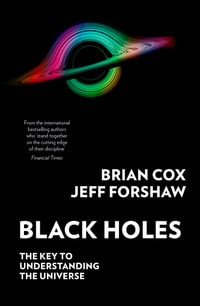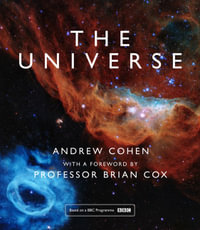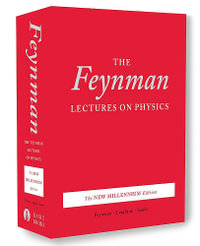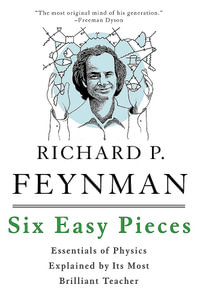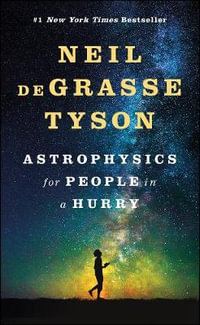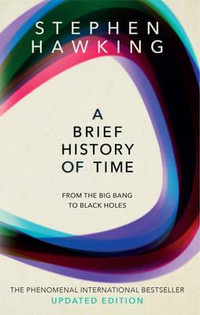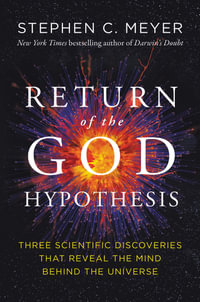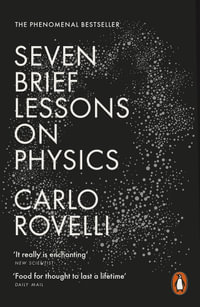Most books concerned with physics and music take an approach that puts physical theory before application. Consequently, these works tend to dampen aesthetic fascination with preludes burdened by an overabundance of algebraic formulae. In Measured Tones: The Interplay of Physics and Music Third Edition, Ian Johnston a professor of astrophysics and a connoisseur of music, offers an informal historical approach that shows the evolution of both theory and application at the intersection of physics and music. Exceptionally accessible, insightful, and now updated to consider modern technology and recent advances, the new edition of this critically acclaimed and bestselling classic -
- Features a greater examination of psycho-acoustics and its role in the design of MP3s
- Includes expanded information on the gamelan and other Asian percussion instruments
- Introduces detailed discussions of binary notation, digitization, and electronic manipulation of music
We believe that order exists, and we look for it. In that respect the aims of science and of music are identical-the desire to find harmony. And surely, without that very human desire, science would be a cold and sterile undertaking.
With myriad illustrations and historical anecdotes, this volume will delight those student required to approach this topic from either a physics and music concentration, as well as anyone who is fascinated with concepts of harmony expressed in nature, as well as in the instruments and composition of human expression's purest form.
A complementary website provides sound files, further reading, and instructional support.
Industry Reviews
! If you have ever wondered why we use the notes we do, why instruments sound different and why they are constructed as they are, look no further: Measured Tones will answer many, if not all, of your questions. Ian Johnston has managed to appeal to a physicist with an interest in music, to a musician with an interest in physics or even a general reader who is merely interested. The subtitle is particularly apt as the book takes a more or less historical path to consider the interplay of physics and mathematics with the music of the period. ! I devoured the book from cover to cover and thought overall that it was a wonderful read. It is exactly the sort of book that I hope someone would buy me as a present (if I did not already have a copy). It is now a treasured part of my personal library. --Contemporary Physics, Volume 51, Issue 6, 2010 Praise for the Second Edition The writing throughout is delightfully clear and easy to read, and the numerous small illustrations break up the pages and add interest ! . Students (and teachers!) not having had the benefit of such a course should certainly buy the book and read it. I also recommend it warmly to the general reader who would simply like to know more about the sounds he or she enjoys. --Neville Fletcher, Acoustics Australia Johnston offers a charming, informal, and information-packed volume aimed squarely both at the musician who wants to understand better some of the physics behind the sound that various instruments make and at the physicist who would like to understand better the workings of musical instruments! . Lots of material is covered, and the book is worthy of careful examination! . It belongs in all college libraries. --K.L. Schick, CHOICE I find it unputdownable, combining a thorough development of the mathematical and physical basis of music, dealt with in a historical framework, with interludes dealing in details with the different families of musical instruments. This new edition has updated the sections on electronic music and digital technology, which have changed vastly in the last decide, and which feature prominently in the new AS/A2 specifications. Thoroughly recommended. -- John Miller, School Science Review It is an ideal book for a secondary school library ! it also makes a useful supplementary text for the undergraduate module in musical instrument acoustics that we run at the ISVR ! . A particular strength is the detailed discussion of the development of musical scales and temperaments, a subject that is so often glossed over. --M.C.M. Wright, Journal of Sound and Vibration


